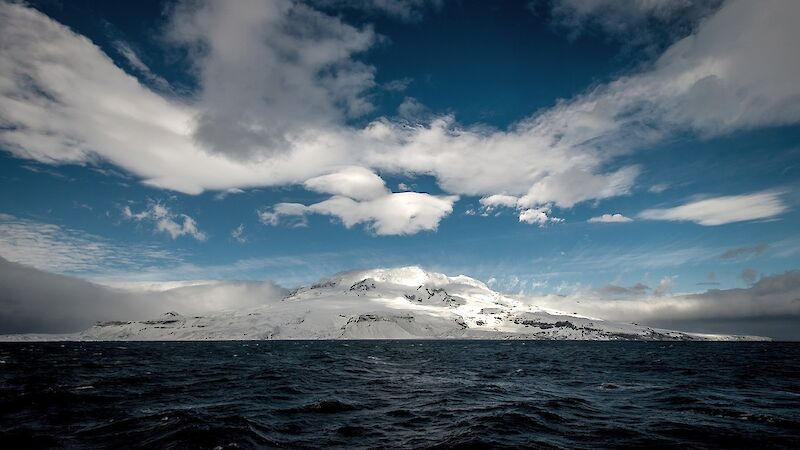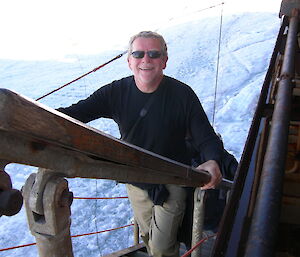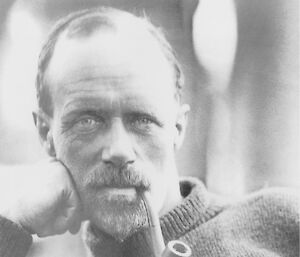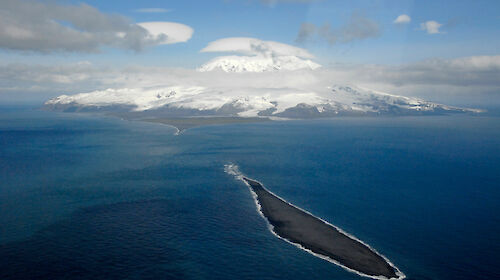The Australian Antarctic Division’s Place Names Committee has officially named 19 places in Antarctica and on Heard Island, 5,355 km from Hobart.
The Committee’s chair, Ms Gillian Slocum, said Heard Island has a rich history which is reflected in the new names which have been suggested by a range of individuals with an interest in the island.
“Alfred Point is named after the whaling schooner, Alfred, which was wrecked on Heard Island in 1854,” Ms Slocum said.
“The Alfred is the first of 14 known shipwrecks on the sub-Antarctic Island.
“Watson Rock and Kelly Rock are named for survivors of the shipwrecked whaling bark, Trinity, which ran aground in 1880.
“Both George Watson and Bernard Kelly survived the wreck, but died from exposure during a storm while searching for food and water,” she said.
In Antarctica, the Committee named an island near Mawson research station ‘Maggs Island’, after the late Tom Maggs, who contributed to the Australian Antarctic Program for more than four decades as a station leader, voyage leader and leading Australia’s involvement in the Antarctic Treaty system.
“Tom originally joined the Australian Antarctic Division as an expeditioner, but is most widely known for his significant contribution to the environmental protection of Antarctica,” Ms Slocum said.
“Australia’s reputation globally as a leader in environmental stewardship in Antarctica is in large part due to Tom’s passion and drive, so it’s really fitting that he is recognised in this manner.”
Other Antarctic place names include Wild Nunataks in Queen Mary Land, named in recognition of John Robert Francis ‘Frank’ Wild, a member of five Antarctic expeditions including the Australasian Antarctic Expedition (1911–14).
Mukluk Island near the Vestfold Hills is named after a soft book traditionally made by Inuit people from sealskin and was a style of footwear worn by Australian expeditioners in the early days of the AAP.




